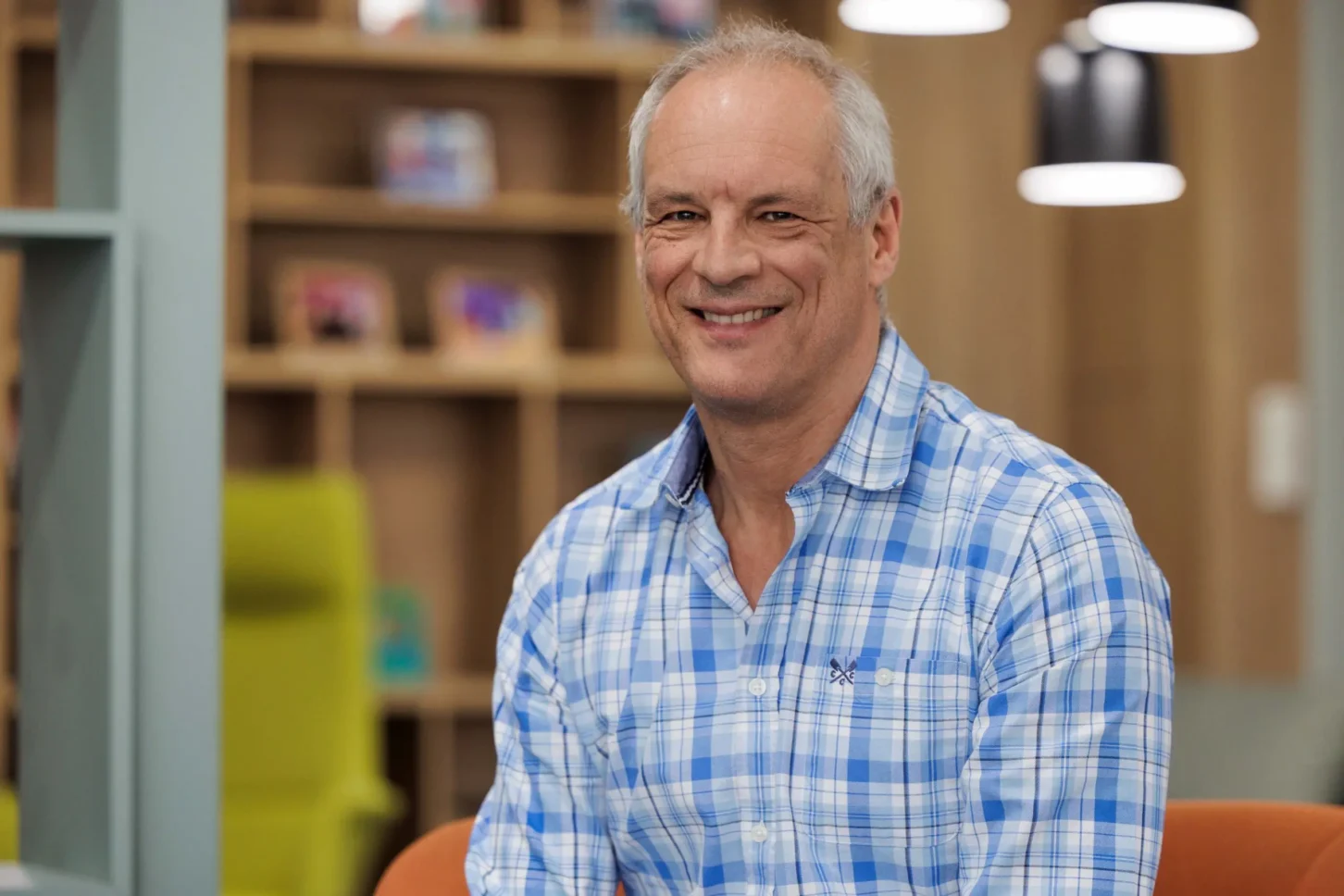Blog
Importance of Technical Due Diligence in Software Acquisitions
When acquiring a software business, it is critical that the investor conducts a Technical Due Diligence process to understand the risks and issues which may impact the investment thesis and propose how these can be mitigated.

Typically, the process involves reviewing the company’s technology and technical infrastructure, including architecture, scalability, security, performance and reliability of products and services. Also understanding the people and their approach to software engineering, processes used and how closely they are engaged with their customers.
All software products, even new ones, tend to have technical debt, which may vary from areas of the code which may need refactoring to support scalability/performance future requirements to utilizing out of date or even obsolete versions of third party products. It is important that engineering teams have an understanding of their technical debt and a plan to manage it.

Modern software product teams tend to invest in devops and automation of both their delivery pipelines as well the testing of software. This is sometimes difficult and expensive to reverse engineer into long established “old tech” products, but is likely to be important to resolve if these products are expected to change significantly as part of the investment thesis.
It is also really important to review any major work-in-progress projects, especially where technology which is new or unfamiliar to the engineering team is being used, for example where public cloud is involved. Public cloud offers many opportunities to introduce time and money saving infrastructure as a service, but used in the wrong way may in fact incur significant additional costs. Understanding best use of cloud and the opportunities presented may be important to support value creation opportunities.
One of the biggest challenges I hear about when talking to investors occurs when they receive the Tech DD report from one of the third parties who have productised the process. Lots of analysis and data is presented outlining all the various potential areas of concern in a neatly structured form.
The question is then “So what?”. As a CTO what would concern you? I have been involved in many Tech DD activities as a CTO, either whilst performing that role on a full time basis, or as an independent consultant asked to advise an investor. Being able to see the wood for the trees and raise red flags is an important part of the role, as well as looking for opportunities to improve productivity and customer engagement.
Assimilating all the data and turning into a workable plan can be quite a task depending upon the size of the organisation. Sometimes the selling business is deliberately obfuscating with information, which itself tells a story or denies access to key technical people so as not to unsettle them.
At Damilah, we have extensive experience conducting technical due diligence activities, particularly for product software companies. As product experts ourselves, we understand how to build a great product and the day-to-day challenges which may occur.

We have deep technical expertise of legacy applications as well as modern cloud SaaS products and understand the needs of investors wishing to create value and scale businesses they acquire and what the barriers to these may be.
We also have teams of highly talented software engineers able to tackle the most complex transformations from monolithic to micro-services, or from on-premise to cloud native SaaS solutions, working closely with existing client teams. We adopt a modern agile way of working , to deliver maximum value to the customer in the shortest possible time, with full visibility for all stakeholders.
In particular we have extensive experience of working with Private Equity houses and their portfolio companies, understanding well the need for value creation to support the investment thesis, having worked ourselves in these environments.
To discuss further, please contact iain.bishop@damilah.co.uk.
Iain Bishop, CEO and Founder at Damilah